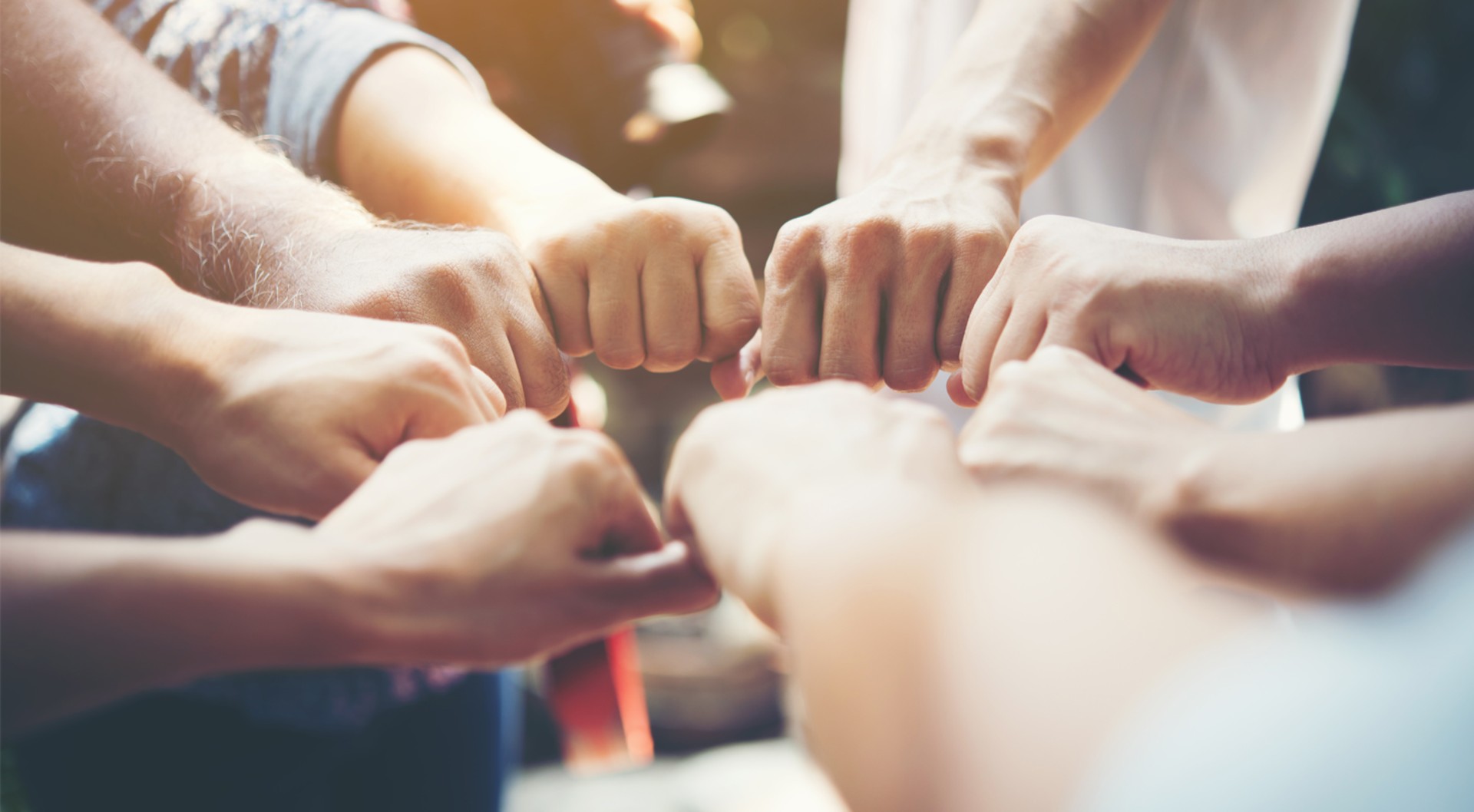Companies and organisations are becoming increasingly aware of the need to adapt to the needs of society as a whole, as well as the importance of conducting themselves in a socially responsible manner while considering the environmental impacts of their activity.
In Solera´s case, this became evident in one of the last audits carried out by the company. The company had to pass the audit in order to continue its commercial activities with a new customer, so it was surprising that, despite not having any type of system in place at that time to oversee CSR in the company, Solera passed the audit with a score 98%, due to the wide range of activities that have been carried out since it was formed.
In light of this, we interview Antonio Moya, Head of the Technical and Quality Department, and Andrés Mondejar, Quality and Environment Department Technician, regarding the latest Corporate Social Responsibility actions carried out by Solera.
What is Solera´s mission when it comes to aligning itself with Corporate Social Responsibility (CSR) objectives and its corporate values?
Solera´s mission is to supply low voltage electrical equipment to the national and international market, becoming profitable enough to grow in a sustainable manner, with the least possible impact on the environment and aimed at exceeding the expectations of our customers, suppliers, Management, employees and society in general.
Our corporate values are:
Respect for the environment, team spirit, resiliency, creativity, innovation, commitment, vision of the future, transparency, generosity, honesty, social responsibility, continuous improvement, sustainability, development, ethics, coherence, balance, communication and efficiency.
Who is responsible for implementing CSR measures in the company?
At Solera, we have recruited a HR manager who will implement and develop the CSR system within the company. At the same time, it will become part of our integrated management system.
What is Solera seeking by implementing these measures?
We have always been interested in carrying out certain processes to certify that we look after people, that our installations are in good working order... given that Solera believes that this is something that should be intrinsic to the organisation.
That is why Solera seeks to be a better company by fulfilling our mission and the commitments we have made while, at the same time, helping us to become more profitable.
What CSR improvements have you implemented in recent times?
- A survey was conducted to find out the concerns of our employees in this regard.
- Elaboration of an equal treatment and opportunities plan between women and men (creation of an equality committee).
- The necessary resources for the implementation of the complete CSR system within the company (new HR manager) have been allocated.
- Training for middle managers in emotional intelligence is underway.
- An environmental improvement action is underway to reduce the use of plastic in the day-to-day running of the company.
- We are in the process of installing a photovoltaic system on the company´s roof with the aim of increasing the consumption of renewable energy.
What do you plan to achieve with the implementation of this CSR system?
With the implementation of the CSR system, indicators will be created that will be able to measure productivity and other parameters in relation to improvements in CSR.
What are SOLERA´s upcoming CSR objectives?
The full implementation of the CSR system within the company, with the end objective of it being certified by AENOR or another certification body.
Is SOLERA developing any trends at the minute that are bringing about change in the industry?
In Spain, we were one of the first organisations to implement Double Shot Moulding. Technically, we deem this process to be highly significant, because it enables the creation of products that improve energy efficiency and, in turn, optimise the consumption of energy and resources.
Which regulation governs your activity?
- The collective labour agreement for the plastic processing industry industry in the province of Valencia, for 2019, 2020 and 2021.
- European directives concerning electrical material in terms of industrial safety, environment and prevention of occupational hazards.
- Low-voltage electrotechnical regulations and product standards.
There are companies that are not directly affected by or have no interest in CSR. How would you say SOLERA stands out? Do you carry out any CSR-related activities that make you different from your competitors?
Solera is committed to knowing and meeting the needs of our stakeholders (customers, suppliers, employees, administration, society, etc.) and, as far as possible, satisfying them.
In some cases, in order to be able to supply our customers, CSR audits need to be passed with high scores. Companies that do not do so are limiting themselves and placing themselves in a disadvantageous position compared to their competitors.
Finally, how would you rate your employees´ commitment to SOLERA´s CSR?
A few years ago, we carried out a staff survey to understand their concerns with regard to several important aspects such as, relationships with the head of each department, training and development, communication, freedom of association, satisfaction, motivation, discrimination, harassment, abuse, health and safety, etc.
After analysing the data obtained in the surveys, some meetings were held between staff and managers to clarify doubts, issues, concerns, etc. Furthermore, and thanks to the implementation of the Lean Manufacturing and Lean Management continuous improvement system, communication between staff and the different levels of hierarchy has been improved, as well as rolling out tools such as TOP meetings, which provide feedback between staff and managers regarding their suggestions, incidents, requests, concerns, etc..
We believe that Solera´s staff feel part of the company in their day-to-day work, that they are involved in the decisions taken in their departments or sections, etc., thereby achieving the necessary commitment to continue progressing and improving as a company.
Antonio Moya and Andrés Mondejar
